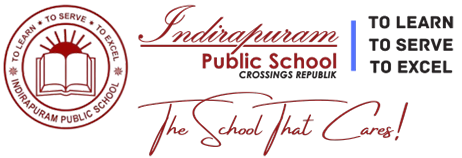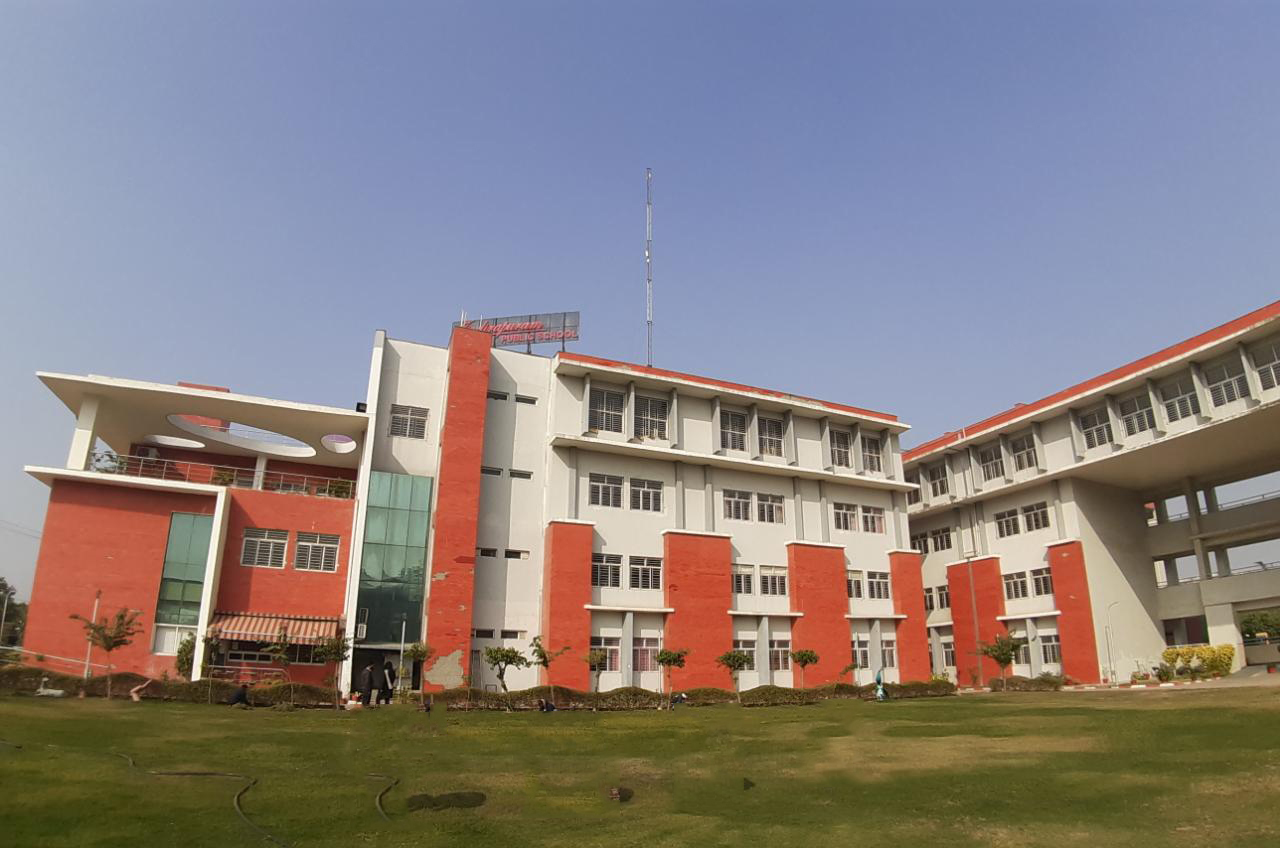Preparatory Stage
As per NEP-2020, the preparatory stage consists of three years of schooling ie. Class III to V.
The curricular areas are:
- Languages (English & Hindi)
- Mathematics (includes computational thinking)
- World Around Us (Children engage broadly and deeply with the natural and human environments around them)
- Vocational Education is subsumed in WAU. Children are encouraged to use their minds and bodies towards
- various productive work like stitching, cooking etc.
- Arts (Art, craft, music and dance)
- Physical Education (includes games, yoga, health education)
- Socio-Emotional-Ethical Learning and Positive Learning Habits
As per NEP2020 there needs to be a paradigm shift away from high-stakes one-shot summative assessments to low stakes, assessment for and as learning.
Therefore, the assessment structure is now focused on Formative Assessments throughout the year mapped to competencies from NCF_SE-Aug23.
Formative assessments will include:
- ODA in WAU and Mathematics (Open door assessment)
- ASL in Languages (Assessment for Speaking and Listening)
- Art Integrated Projects
- Portfolio (maintained by every child) Self-Assessments
- Peer-Assessment
- Parent Observation
Formative Assessments are taken in two engaging formats –
Pre-Announced Formative Assessments: These are conducted for accountability purposes. A date sheet, along with the syllabus, is shared with students in advance.
Ongoing Formative Assessments: These assessments are conducted in parallel with the teaching-learning activities and act as a feedback loop for both teachers and learners.
Parent observation, self-assessment, and peer assessment are included in the Holistic Progress Card (HPC) to ensure a 360-degree evaluation and provide a holistic view of the child's progress.
- Parents' Observation - To make parents an integral part of a child's learning journey, a section on Parents' Observation is given in the Holistic Progress Card to ensure their role in the development of the child.
- Parent Observations are taken once in every term ie, twice during the academic year in FAC 2 and FAC 4 through a set of questions where parents share their observations, feedback, and reflections on their child's progress.
- The HPC fosters collaboration between parents, educators, and students as the teachers compare parent feedback with their own observations to identify any similarities or differences in the child's development at home and in school.
- Self-Assessment refers to the process where students evaluate their own work or performance. They reflect on their learning, strengths, weaknesses and areas for improvement.
- Peer Assessment refers to the process where students evaluate each other's work. It involves giving feedback, assigning grades, or both based on set criteria.
- Self-assessment and Peer Assessment are part of "observation" tools and an integral part of Holistic Progress Card to understand whether the learner can accurately assess his/her own competency and the same is also assessed by the peer group.
Self-assessment and Peer Assessment are included in every term ie, twice during the academic year in FAC 2 and FAC 4 through a set of questions in the HPC.
Self and Peer Assessments encourage students to engage more deeply with the teaching learning process. Evaluating others or their own work sharpens analytical and evaluative skills. Students take ownership of their learning and become more accountable for their performance.




